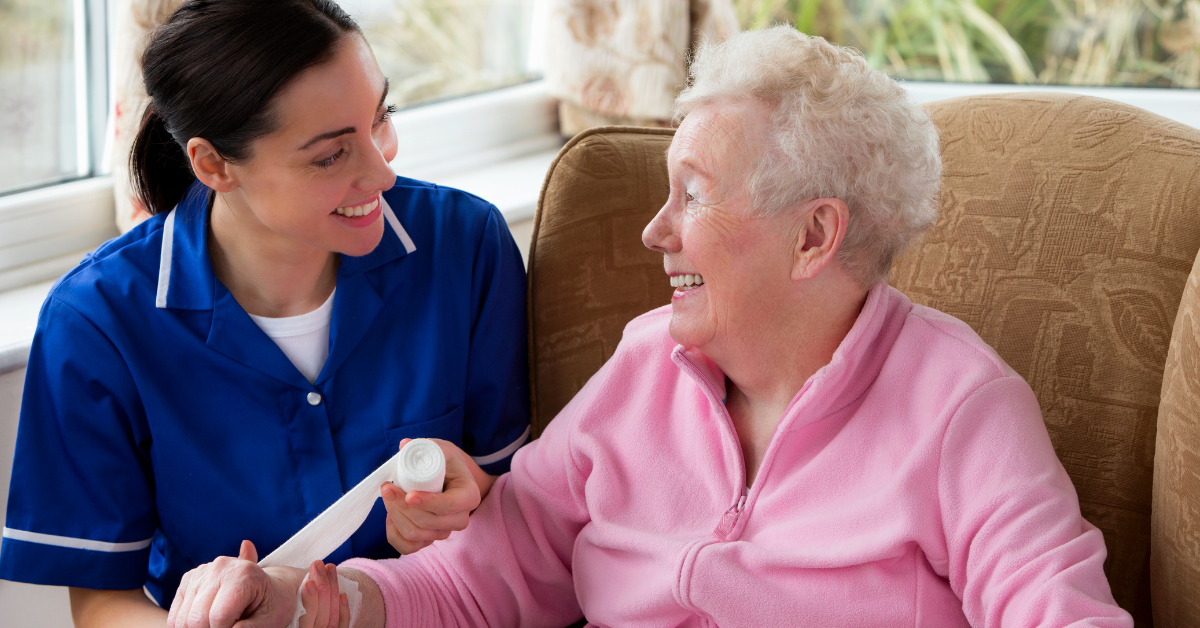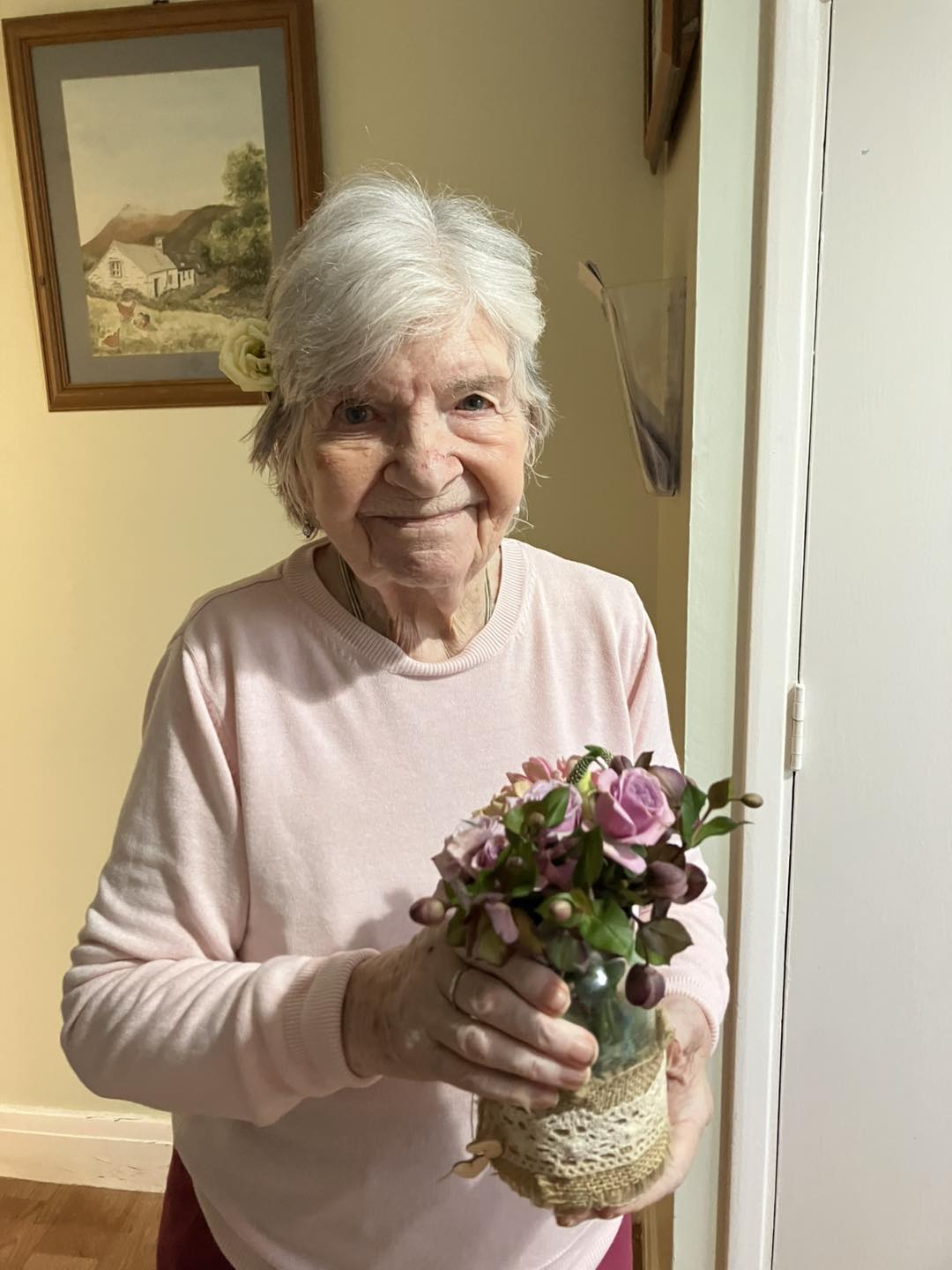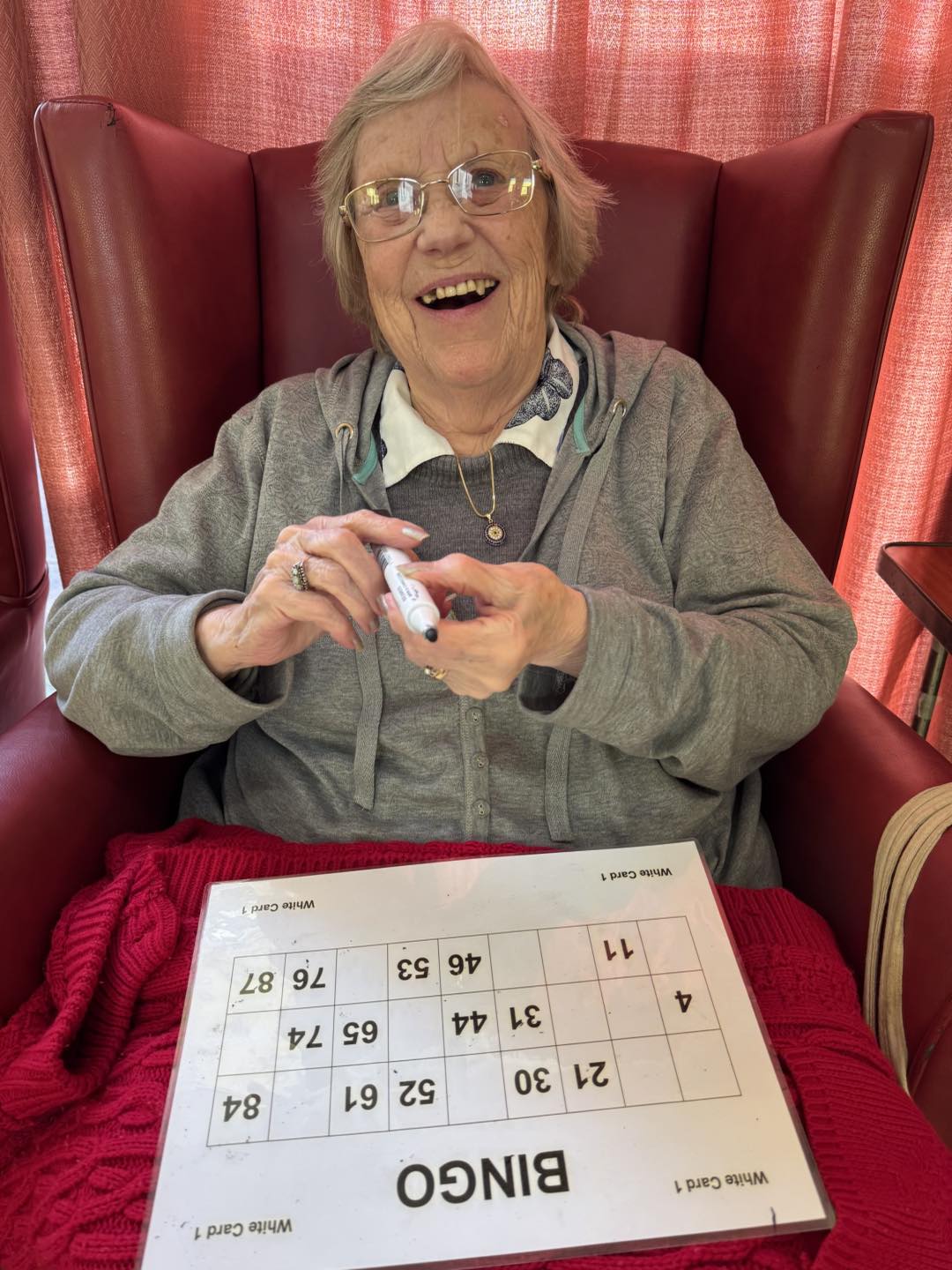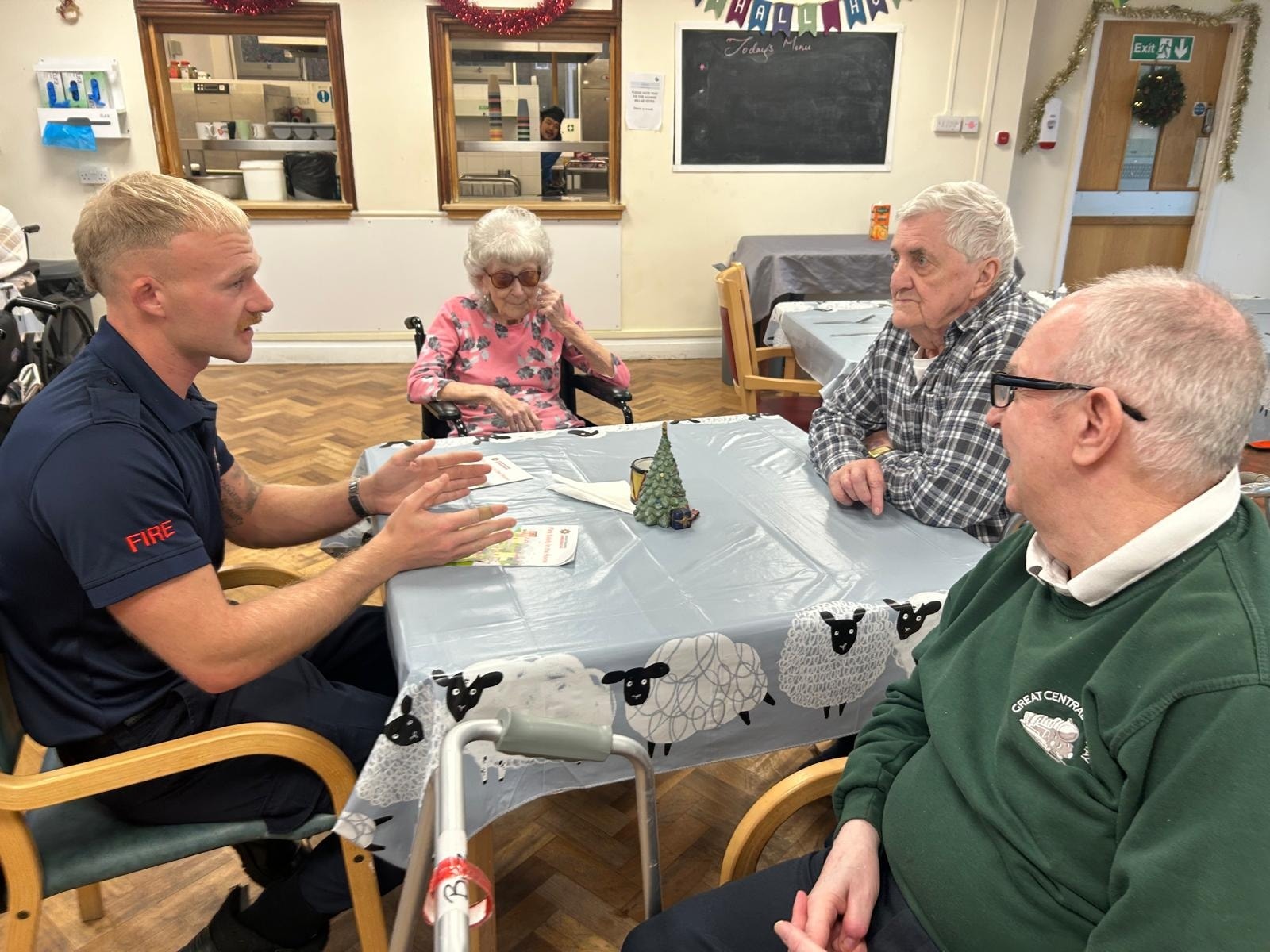Loneliness and isolation can have a profound impact on our mental health. Did you know that according to recent studies, over 40% of adults aged 65 and older experience loneliness? It’s not just the elderly who suffer from these feelings, though.
People of all ages can feel disconnected and cut off from meaningful connections, leading to increased rates of depression, anxiety, and other mental health challenges.
In this article, we will explore strategies for managing loneliness and isolation by building meaningful connections among residents. We’ll discuss the importance of community engagement programs that foster a sense of belonging and provide opportunities for social interaction.
Additionally, we’ll delve into the benefits of encouraging social activities and events that bring people together in a fun and engaging way. By implementing these strategies, we can create an environment where residents feel supported, connected, and valued within their community.
So let’s dive in and discover how we can combat loneliness together!
The Impact of Loneliness and Isolation on Mental Health
Loneliness and isolation can seriously affect your mental health, causing feelings of sadness and anxiety. When you lack meaningful connections with others, it’s easy to feel disconnected from the world around you.
The absence of social interaction can lead to a decline in your overall well-being and even contribute to the development or worsening of mental illnesses such as depression and anxiety disorders.
Studies have shown that loneliness is associated with increased levels of stress hormones, which can negatively impact both your physical and mental health. It can also lead to a weakened immune system, making you more susceptible to illnesses.
Additionally, prolonged isolation can create a cycle of negative thoughts and emotions, heightening feelings of loneliness and further isolating yourself from others.
Creating community engagement programs provides an opportunity for individuals like yourself to connect with others who may be experiencing similar feelings of loneliness or isolation. By participating in these programs, you can build meaningful connections with fellow residents who understand what you’re going through. These connections not only provide emotional support but also help foster a sense of belonging and purpose within the community.
Creating Community Engagement Programs
To combat feelings of social isolation, communities have found success in developing engaging programs that foster a sense of togetherness and build strong relationships among residents. These community engagement programs aim to provide opportunities for individuals to connect with others who share similar interests or experiences.
For example, some communities have implemented book clubs, where residents can gather regularly to discuss their favourite books and engage in meaningful conversations. This not only promotes intellectual stimulation but also creates a space for individuals to form friendships and bond over their shared love of reading.
In addition to book clubs, other community engagement programs include art classes, gardening groups, exercise classes, and volunteer initiatives. These activities not only help residents stay active and engaged but also provide a platform for them to interact with others meaningfully. By participating in these programs, individuals can develop new hobbies or skills while forming connections with fellow residents who have similar interests.
These community engagement programs play a vital role in combating loneliness by creating an environment where individuals feel valued, supported, and connected..
Encouraging Social Activities and Events
Get ready to join in on the fun and excitement of social activities and events that’ll bring you closer to your fellow community members!
We understand the importance of creating opportunities for residents like yourself to engage in meaningful social interactions. That’s why we have a wide range of activities and events planned throughout the year, catering to different interests and preferences.
Whether you enjoy arts and crafts, fitness classes, game nights, or cultural outings, there’s something for everyone. These social activities not only provide an opportunity for you to have a good time but also serve as a platform for building friendships and connections within our community.
So get ready to dive in and discover new hobbies or share your passions with others!
As we wrap up our discussion on encouraging social activities and events, we can’t forget about another important aspect of community engagement: promoting volunteer opportunities.
By participating in volunteer work, you not only contribute positively to our community but also form deeper connections with your fellow residents who share similar values. It’s through these shared experiences that bonds are formed, relationships flourish, and a true sense of belonging is nurtured.
So let’s move on to explore how volunteering can further enrich your experience here at our community!
Promoting Volunteer Opportunities
Immerse yourself in the vibrant spirit of community by exploring a variety of volunteer opportunities that will not only make a positive impact but also allow you to connect with like-minded individuals.
Volunteering is a fantastic way to combat loneliness and isolation while contributing to the betterment of your residential community. Whether it’s organizing events, helping out at local charities, or participating in neighbourhood clean-up initiatives, there are plenty of ways to get involved.
By giving your time and skills, you not only help others but also create meaningful connections with fellow residents who share similar interests and values.
Engaging in volunteer work provides an opportunity for personal growth as well. You can learn new skills, gain valuable experience, and even discover hidden talents you never knew you had. The sense of fulfilment derived from volunteering can boost your self-esteem and overall well-being.
So why wait? Take the leap and explore the various volunteer opportunities available within your community today! By doing so, you’ll not only make a difference but also find yourself surrounded by a network of supportive individuals who understand the importance of building meaningful connections.
As you immerse yourself in these fulfilling volunteer activities, remember that providing access to support services is equally crucial in managing loneliness and isolation among residents.
Providing Access to Support Services
Access to support services is crucial in addressing the issue of social isolation, as studies have shown that individuals who have access to such services are 20% more likely to report a higher quality of life. Providing residents with easy access to support services not only helps them combat feelings of loneliness and isolation but also enables them to build meaningful connections within their community.
Whether it’s connecting residents with counselling services, mental health resources, or community engagement programs, having a range of support services readily available can greatly enhance their overall well-being.
By offering a variety of support services, you can ensure that residents have the help they need at their fingertips. This can include providing information on local organizations that offer assistance for specific needs or hosting regular workshops and seminars on topics like mental health awareness or financial planning.
Additionally, creating a welcoming and inclusive environment where residents feel comfortable seeking help is essential. Encouraging open communication and actively listening to their concerns allows for a more personalised approach to providing the necessary support.
By prioritizing access to support services, you can empower your residents to overcome feelings of loneliness and isolation while fostering an environment where they can thrive socially and emotionally.
Frequently Asked Questions
How can loneliness and isolation affect physical health?
Loneliness and isolation can have a negative impact on your physical health. Studies have shown that these feelings increase the risk of developing chronic conditions like heart disease, high blood pressure, and depression. It’s important to prioritize social connections for overall well-being.
What are some strategies for building connections among residents in a community?
To build connections among residents in a community, start with regular social activities like game nights or group outings. According to a study, 75% of people feel less lonely when they engage in meaningful interactions with their neighbours.
How can community engagement programs benefit individuals experiencing loneliness and isolation?
Community engagement programs can benefit individuals experiencing loneliness and isolation by providing opportunities for social interaction, fostering a sense of belonging, and offering support networks. They help combat feelings of loneliness and create meaningful connections among residents.
What are some examples of social activities and events that can help combat loneliness and isolation?
Joining social activities and events like game nights, book clubs, or group outings can help combat loneliness and isolation. These activities provide opportunities to connect with others, share experiences, and build meaningful relationships for a happier and more fulfilling life.
Are there any specific volunteer opportunities that have been found to be particularly effective in reducing feelings of loneliness and isolation?
Volunteering at local senior centres or nursing homes can be particularly effective in reducing loneliness and isolation. By spending time with residents, you can provide companionship and create meaningful connections that make a positive impact on their well-being.
Conclusion
In conclusion, managing loneliness and isolation among residents is crucial for their overall mental health and well-being. By creating community engagement programs, encouraging social activities and events, promoting volunteer opportunities, and providing access to support services, we can help build meaningful connections that combat feelings of loneliness.
One example of the positive impact of these initiatives is the case of Mary, a resident in a senior living community. Before the implementation of community engagement programs, Mary often felt isolated and lonely. However, after participating in social activities such as group exercise classes and game nights, she started forming friendships with fellow residents. These connections not only provided her with companionship but also improved her mood and overall mental health.
By actively addressing loneliness and isolation through targeted strategies like community engagement programs, we can make a significant difference in the lives of our residents. The sense of belonging that comes from building meaningful connections not only improves mental well-being but also enhances overall quality of life.




